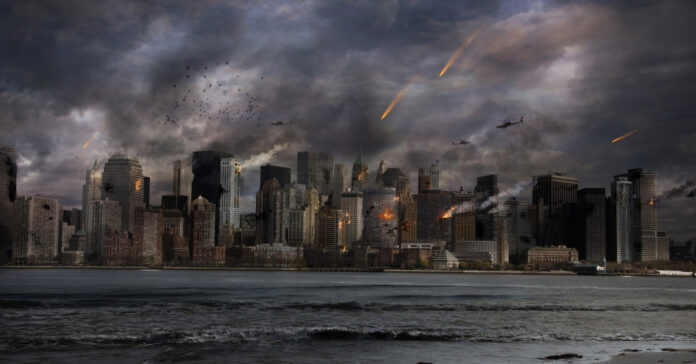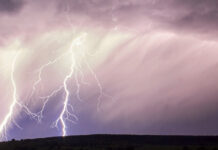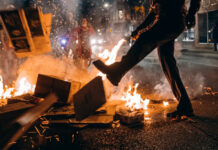Hopefully, my readers have previously come across the Latin phrase, Si vis pacem, para bellum. It translates as, “If you want peace, prepare for war.” It’s like saying, “Keep your powder dry,” but it applies to an entire country rather than an individual.
I thought of this line today when I read this line in a book:
“Peace is the time of waiting for war. A time of preparation, or a time of willful ignorance, blind, blinkered and prattling behind secure walls.”
From Memories of Ice by Steven Erikson
I fear that our country has been willfully ignorant and blind to the growing problems around us while there has been an excess of prattling. This country is not prepared for war, yet it is on our doorstep.
Rather than go on another rant about the deficiencies of our so-called leaders—as tempting as it may be—let me instead apply this discussion to you and I, the individual prepper, we few who seek to be prepared for the worst the world may throw at us.
Peace is the Time of Waiting for War
Can you imagine a better description of when you should prepare? You prepare for war when there is no war. You prepare for disaster when there is no disaster. Many become preppers after they have lived through a disaster or seen one first hand. That’s OK. Experience is a harsh teacher, but she drives the lesson home. I dare say those who prepare after living through their first disaster take prepping more seriously than those who have not.
For example, I know veterans of multiple tours in Iraq or Afghanistan who started preparing the day they lift the military. They bought personal weapons that were as close to the M4 as they could get. Most of them invested in optics, night vision, and NODs. They bought plate carriers and built battle rigs as good or better as those they wore on patrol. Of course, they also prepared in the more traditional “prepping” sense, stocking food, water, and medical supplies. They’ve been there and seen what a collapsed society looks like. They know it can happen anywhere, and they don’t want their wife and kids to be the ones huddled in the stairwell or an apartment building in an urban center when all about them is fire, bullets, and shrapnel.
Like many of us, those vets are prepared before a crisis or disaster. But what about those who are not?
Is it too Late to Prepare?
That leads to an important question: Is it too late to prep? As long as there is food on the store shelves, bullets behind the counter at the gun store, hardware at the home improvement store, and animal feed at the feed mill, it is not too late to prepare. It is getting more expensive to prepare. It is also getting more difficult. You may wait longer for your supplies to be delivered. Items you want may be out of stock. But preparing is not yet impossible. By this time next year, it may well be. In 90 days, it might be significantly more difficult or prohibitively expensive.
If you prepare for war during peace, what do you do when war is on the horizon? You prepare harder and faster. If you are not as prepared as you wish you were, then that is the prescription: Prepare harder and faster. Buy, build, train, study. Do what you can this month because it will be easier and cheaper than next month. There will come a time when no more can be done. Then you must ready what you have, for better or worse.
The time to build a wall around the city is not when you spot the dust cloud from the encroaching enemy, but that may be the signal you need to close the gates and boil the oil. That is the time to position your ammunition, oil your weapons, and increase patrols. We are not yet seeing the dust cloud, but the war drums are rumbling.
Will Disaster Strike?
“Peace is the time of waiting for war” implies that war is inevitable. Si vis pacem, para bellum implies you can prevent war by being prepared. Sadly, our country has missed that opportunity. If the United States had been significantly stronger, Russia would have never invaded Ukraine. If Ukraine had been better prepared, Russia might have thought twice. Ukraine is an example of what happens when you try to prepare while the disaster is underway. But you can prepare more fully, and you can minimize the impact of war or another disaster on you and yours.
Will a disaster strike? Does one lie in our future? Yes. There will always be a disaster at some time in the future. It might be global, national, regional, or even personal, but disaster is always waiting in the wings. Only by prepping can we mitigate the disaster. If our country won’t prepare for the worst, then at least we may do so to lessen the impact on ourselves and those we care for. That, my friends, is what being a prepper is all about.
Conflict is society’s natural state. Lengthy periods of peace are aberrations. When they inevitably end, it causes much wringing of hands and beating of chests, yet that does nothing to lessen the blow. What lessens the blow? Being prepared for the worst.
That’s your job, prepper. Be prepared.








